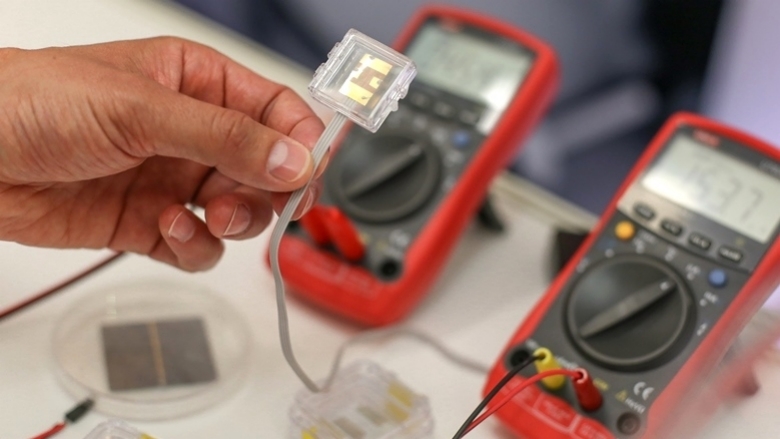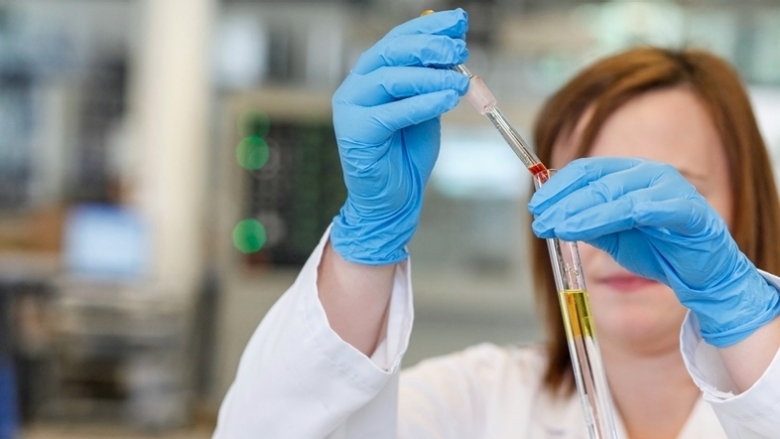Since 1989, Poland has been one of the fastest growing economies in Europe and has more than doubled its gross domestic product. The country has also succeeded in improving its business climate. In the most recent Doing Business ranking, Poland ranked 25th worldwide, climbing from 76th position in 2009.
In researching the report, interviews were conducted with entrepreneurs, while “Smart Lab” workshops were held with representatives of business, science and research and development institutions, and public administration to help identify the most critical barriers to growth faced by Polish companies.
“Biotechs, new materials, foods, better processed foods and even energy … you have to invest in technologies, and for that you need very well equipped labs,” says Jerzy M. Langer, head of one of Poland’s largest scientific research labs, and among those interviewed for the World Bank report.
Other needs, according to Langer and others interviewed, involved access to financing, access to new markets, availability of skilled personnel, low levels of networking, availability of “soft” skills, and attitudes toward innovation among owners.

